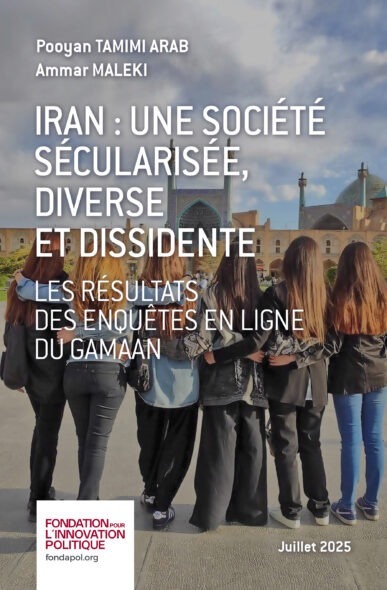The modern way of farming business
29 juin 2018
In 2016, the average annual revenue of a French farmer was 18,300€, equivalent to a monthly salary of 1,525€. This average clearly disguises significant inequalities, since pig farmers enjoy an annual salary of 51,900€[1] whereas milk farmers can, unfortunately, have a negative profit at the end of the month. These numbers show the existence of a price issue that curbs farmers from subsisting or living comfortably, though the government intervenes through subsidiaries to aid them. Indeed, this tragic issue, torn by the subsistence of farmers and an acceptable price for many consumers, is a very difficult topic for policy makers to broach.
On the consumers side, a new way of life has risen over the last few years. The “healthy” movement encourages individuals to live by paying attention to their health, as the name suggests, thanks to a change of alimentation, physical activity and daily habits, but also by paying attention to the ethics of what surrounds us. For instance, consumers would like to know how the animals were treated before buying meat, or to know the footprint of an activity. This movement was created because consumers want to control what is in their environment in order to be healthier and live in a better world, especially since the revelation of activities that have repulsed consumers, like the slaughter of animals in extremely vile conditions or the use of chemicals that can be dangerous to our health. These consumers have therefore decided to apply the maxim of “mens sana in corpore sano” meaning “a sane mind in a sane body”.
The trend of eating and living healthier was first adopted by the upper-classes, as those at the top have the benefit of understanding the consequences of poor diets, therefore they have been the most successful in implementing healthy regimens into their daily lifestyles[2]. However, 82% of the French population feel as though they have paid significantly more attention to their diets compared to three years before[3]. Thus, it is not only a phenomenon of a certain social class, but also an overall social trend, though it is only observable in developed Western countries. The trend continues as individuals change their habits, whether in terms of their diet or their physical activities, but also in regards to public institutions that participate in the public debate by demanding more respect for the environment. The way in which we consume is constantly wavering.
To tackle the issue of pricing and satisfy consumers’ new demands, trade equity has risen. This novel type of trade aims to respect these five criteria[4]:
– Assure an ethical revenue
– Forbid enslavement and forced labor
– Implement a sustainable relationship between the different economic actors
– Preserve the environment
– Propose quality products
Trade equity has namely been implemented through labeling (a sign expressing that the product respects the trade equity), but brands have now begun respecting all five of the above criteria. For instance, C’est qui le patron ! which translates to “Who is the boss!” is a brand giving consumers the opportunity to choose all of the specificities of the product they purchase (from the inputs of the production to the fabrication of the product)[5]. Thus, consumers choose and know the quality of their purchases, including the geography of its production, its various elements and propositions of fair pricing for the product that compensate the farmer sufficiently. It is therefore a new way of doing business since the consumers get a tailored product for which they are ready to pay more. For instance, it costs them 99 cents for a liter of high quality milk, compared to 85 cents on average.
These initiatives show that it is possible to produce and do business while tackling the many issues that our world is facing. Apart from these private initiatives, governments encourage integrated farming and organic farming, showing that our societies need to continue to question how we produce and do business.
By Karman Jassal
[1] Cf the report of Commission des comptes de l’agriculture de la Nation, December 13th, 2016.
[2] Faustine Régnier, « Obésité, goûts et consommation », Alimentation et sciences sociales, 50, 4, 2009, p.192.
[3] Cf the report of L’Observatoire des éthiques dans l’Alimentaire, « Explorer les nouveaux moteurs de transformation du rapport à l’aliment ».
[4]Anne Joyeau and Philippe Robert-Demontrond, « Du commerce équitable au commerce éthique : principes et enjeux d’une extension des règles de justice sociale », Communication et organisation [Online], 26 | 2005.












Aucun commentaire.